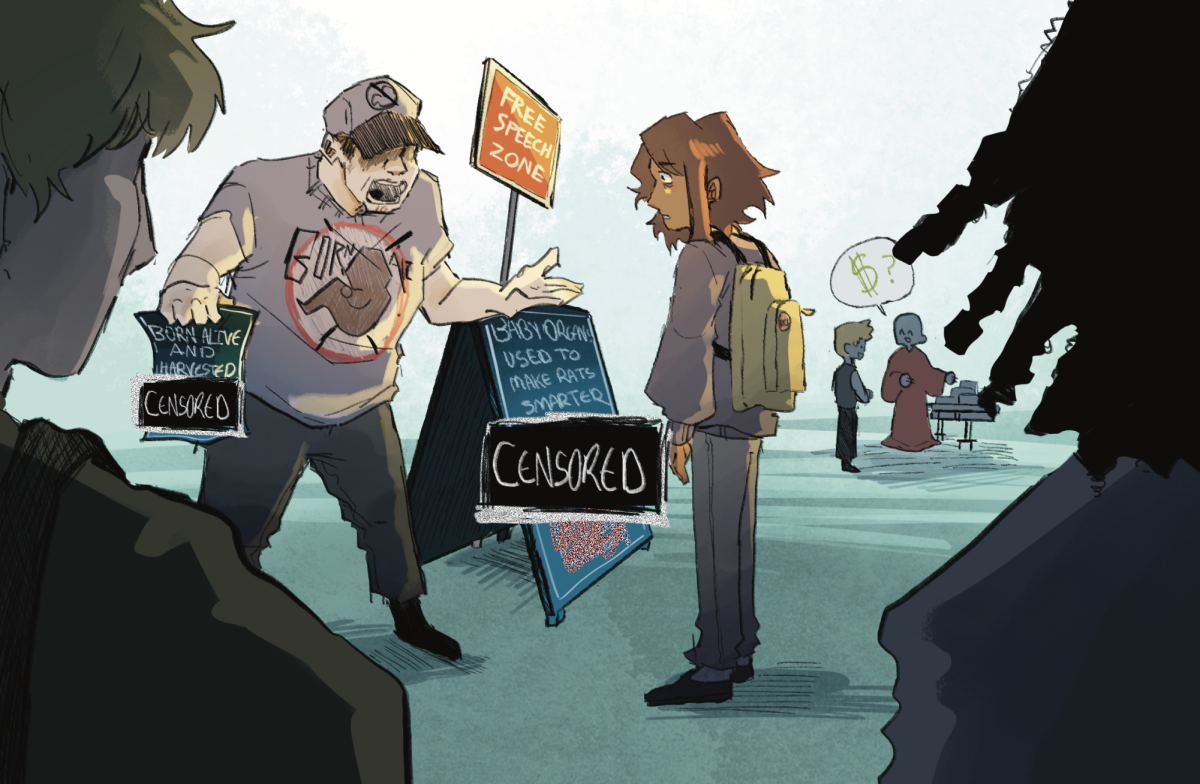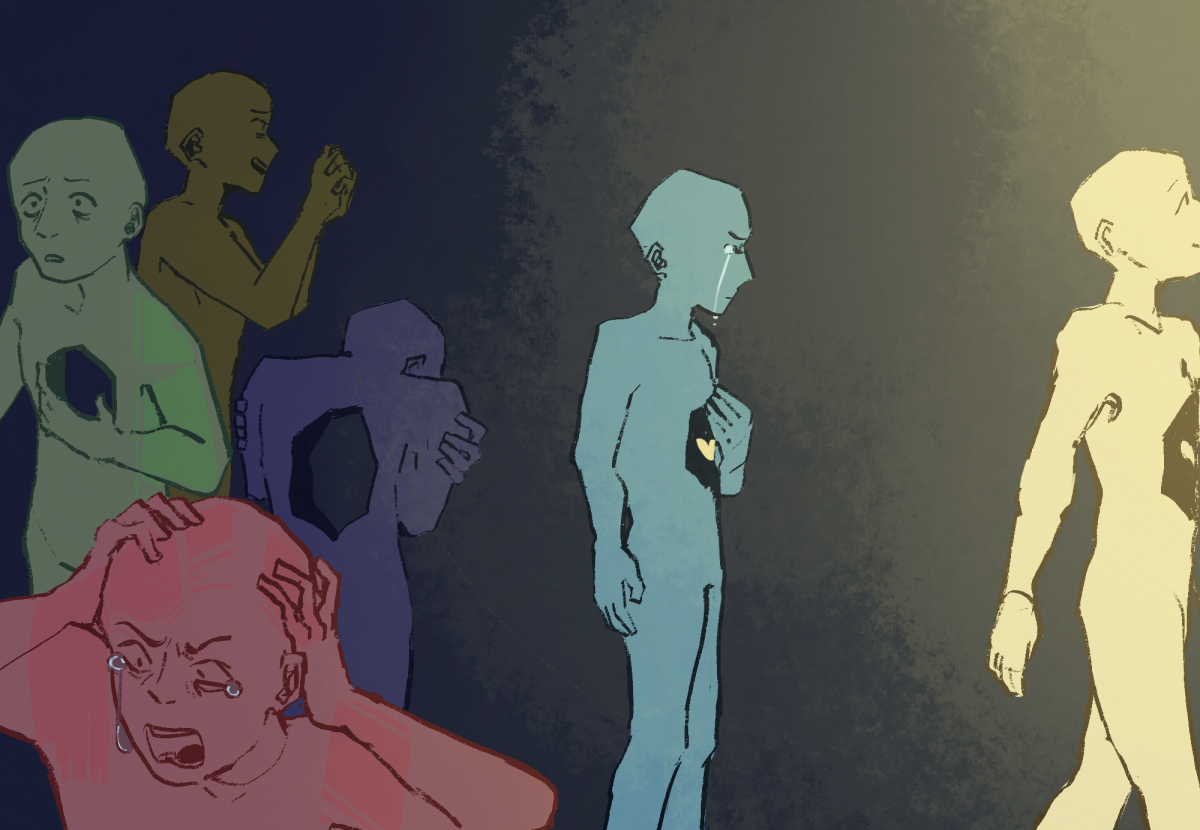By Staff Editorial
By Staff Editorial
On Feb. 3 Duke University hosted an educational art show that involved strippers and burlesque dancers. The show is called the “Sex Workers Art Show” and has toured at hundreds of college campuses across the country for the past six years.
Most of the performances were readings that described performer’s experiences in the sex industry. The performances included a male stripper who crouched on his hands and knees in a kiddie pool and appeared to put a lit sparkler in his rear end.
Those that were opposed to the idea of the show being allowed on campus said that the show demeans women and could possibly increase aggression against women.
But the purpose of the show is to do the exact opposite.
In an interview with a commentator from the O’Reiley factor on FOX News Channel, Annie Oakley, the founder and director of the “Sex Workers Art Show” said she feels “…sex industry workers are demonized…the goal of the show is to present a full picture of the range of experiences of people working in the sex industry and show that sex workers are not just defined by their careers.”
The show has a great message, but has met some strong criticism from conservative commentators, students, faculty, and community members.
The only way people can possibly object to the show is if they’ve never actually seen it for themselves and don’t have a clue about the purpose of the show.
Even though the very name the “Sex Workers Art Show” does sound a little racy, it actually has great educational value for the students that attend.
Much like the “Vagina Monologues”, the show features men and women that have worked or currently work in the sex industry sharing their personal experiences in the sex industry and what lead them to make that choice.
The show actually humanizes the sex industry workers by allowing them to connect on a personal level with those that attend the shows.
By sharing their life experiences they can be viewed as everyday people instead of sex objects.
Many students and community members thought it would be hypocritical, in light of the lacrosse case, to allow the show on campus.
It’s only been two years since the infamous case in which lacrosse players at Duke University were accused of raping a stripper at a team party. In light of all the controversy of the lacrosse case, the decision to host the art show has been scrutinized.
In an interview with ABC News, Larry Moneta, Duke University’s vice president of student affairs said that the performance “…raised issues for discussion.” And when asked about the difference between the art show and the lacrosse team’s hosting a party with strippers, he said “…one served the purpose of personal gratification and the other had educational value.”
We completely agree with Moneta’s statement. The show was not meant for entertainment like the lacrosse team party. The purpose of the show was to educate the students about the experiences of a particular group of people.
Martha Brucato, the events student organizer said in an interview with ABC News, that she “intended for the event to get people talking about sexuality”.
“People are having sex here, but they’re not talking about why they’re making those decisions.”
The only way to fix a problem is to first address the problem, and then to discuss it and try to resolve it. Simply ignoring or repressing the issue of sexuality among college students, the increasing aggression towards women, and sex industry workers, does nothing to fix the problem.
It’s just like if you have an open wound full of dirt. If you just put a bandaid on it you won’t see it, but it will still be there and will actually get worse. You have to take the bandaid off, clean it up and let the wound get some air.
The wound can only heal properly when you give it enough attention.
Our society’s issues with sexuality are just like an open wound. We try to cover them up but they still sting and they’re still there. If our society was more liberal when it comes to sexuality, there would be fewer sex crimes.
The bottom line here is that the show is considered educational art, and it isn’t mandatory to attend the show. If someone is offended by the show’s content they are free to leave or just decide not to attend all together.
Many highly esteemed works of literature feature graphic sex scenes, arguably pornographic in nature. But we usually don’t hear about works of literature being censored, especially at the college level.
It’s situations like these that test if Americans really do value the constitutional rights of freedom of speech and freedom of expression for all people. College campuses are supposed to be safe ground for young people to learn how to think, defend and challenge ideas. The last thing you want to do on a college campus is to start censoring what can be seen and what can be said.


















